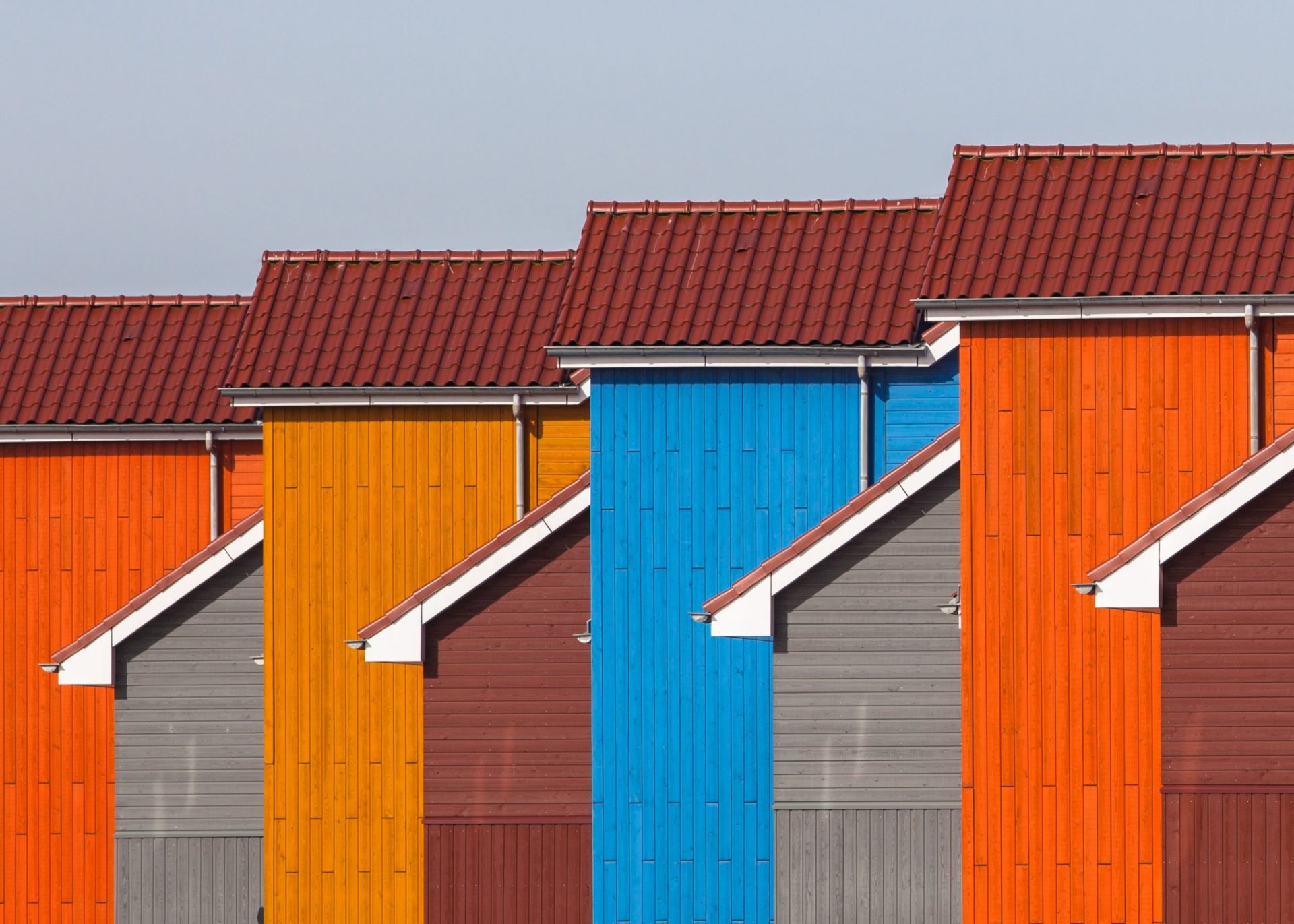Deciding on whether to buy a flat or a house can be a difficult one. With a variety of factors to consider, it can be difficult to make an informed choice. From the location to the sustainability of each option, there is a lot to think about. Different options may suit different people depending on factors like whether or not you have children, your budget and your mobility. In this blog post, we’ll explore the pros and cons of both flat and house living so you can make the best decision for you.
Location
Where you live is an important factor to consider when deciding between a flat and a house. Flats are usually found in urban areas and are often close to amenities such as shops and transport links. Houses are most commonly found in suburban and rural areas, so you may need to factor in a longer commute to work or school.
Space
When it comes to space, houses are usually better for those who need more room for a growing family or to host guests. Houses are generally bigger than flats and often come with a garden or outdoor space, making them great for those who love to entertain. On the other hand, flats are a great option for those who don’t need a lot of space or don’t need as many bedrooms.
Cost
The cost of buying a flat or a house can vary significantly depending on location and size. Generally, flats are more affordable than houses, making them ideal for first-time buyers. However, it is important to factor in running costs such as maintenance and utilities when making a decision.
Maintenance
When it comes to maintenance, houses tend to require more work and can be more expensive to keep up. Houses may have more complex systems, such as plumbing and heating, as well as more outdoor space to maintain. On the other hand, flats usually require less maintenance as most of the shared systems are looked after by the building manager.
Privacy
For those who value their privacy, a house may be the better option. Houses are more secluded than flats and can provide more security and privacy. Flats, on the other hand, may not offer much privacy as they are often shared with multiple neighbours.
Amenities
When it comes to amenities, flats can often have more to offer than houses. Many flat complexes have shared facilities such as gyms and pools, which can be great for those who are looking for a little extra luxury. Houses usually cannot offer such amenities and may not be able to provide much more than a garden.
Resale Value
When it comes to resale value, flats tend to have a much higher resale value than houses. This is because flats are often located in urban areas with plenty of amenities. Houses, on the other hand, may not have such high resale value due to their location in suburban or rural areas.
Sustainability
When it comes to sustainability, flats are often more sustainable than houses. This is because flats are often located in urban areas and can be more energy efficient due to shared heating and cooling systems. Houses, on the other hand, often have large gardens which can be difficult to maintain and may require more energy to keep up.
In conclusion, both flats and houses have their own pros and cons. When making the decision between the two, it is important to consider factors such as location, space, cost, maintenance, privacy, amenities, resale value and sustainability. Ultimately, the decision should be based on your own individual needs and preferences.
